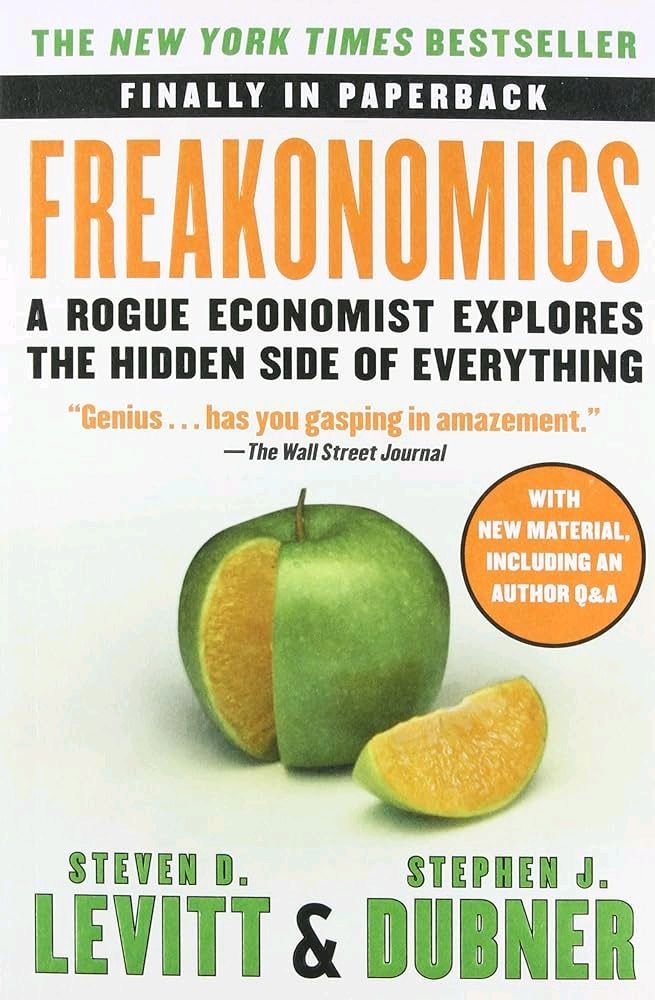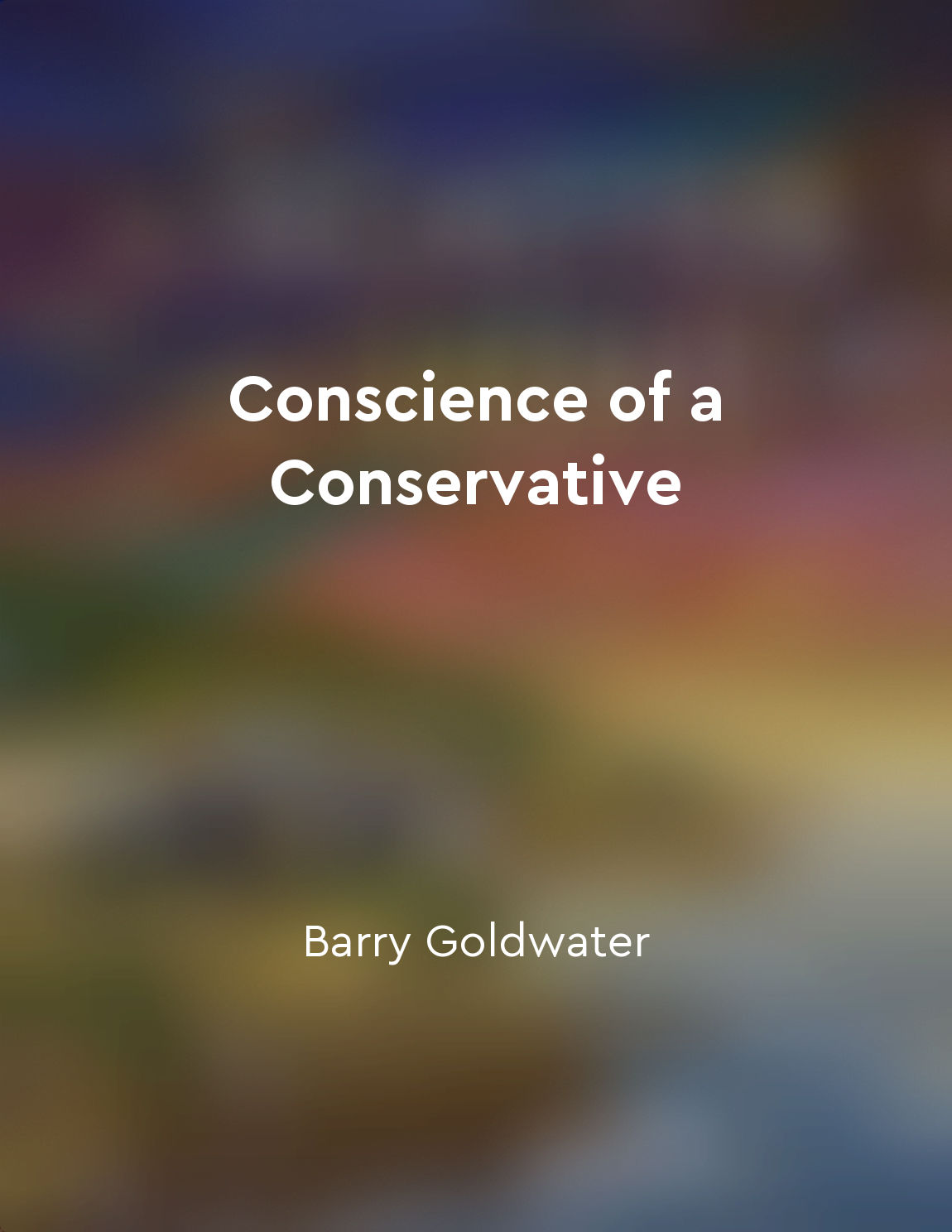Economics studies how societies allocate resources from "summary" of The Economics Book by DK
Economics is the study of how societies make decisions about allocating resources. Resources are limited, but people's desires and needs are not. This leads to the fundamental economic problem of scarcity. Societies must decide how to distribute resources such as land, labor, and capital to satisfy the unlimited wants of individuals. This process involves making choices that involve trade-offs. For example, a society may have to choose between producing more consumer goods or investing in infrastructure. Economists use models to analyze these decisions. These models simplify reality to help understand complex economic systems. They are based on assumptions about human behavior, such as rationality and self-interest. Economic systems vary across societies. In a market economy, resources are allocated through the interactions of buyers and sellers in markets. Prices play a crucial role in this process, signaling scarcity and guiding decision-making. In contrast, in a planned economy, the government controls resource allocation. This can lead to inefficiencies due to the lack of market signals. Mixed economies combine elements of both market and planned systems. Economics also studies how societies achieve economic growth and improve living standards over time. Factors such as technological progress, investment, and education play important roles in economic development.- Economics helps us understand how societies manage scarce resources to meet the needs and wants of their members. By studying these allocation decisions, economists can provide insights into how to improve the efficiency and equity of resource distribution.
Similar Posts
Macroeconomics looks at the economy as a whole, focusing on factors like inflation and unemployment
Macroeconomics is a branch of economics that looks at the big picture - the economy as a whole. It focuses on factors that affe...
Relationship between individual and state
The individual and the state are inextricably linked in a complex web of rights, duties, and obligations. The relationship betw...

Success is often the result of strategic decisions
Success, in many cases, can be attributed to the strategic decisions made by individuals. These decisions, whether conscious or...
The state should serve the people, not control them
The essential point is that the totalitarians of our times are firmly convinced that their actions are aimed at the greater goo...

Exploration expanded global knowledge and trade
The voyages of discovery in the fifteenth and sixteenth centuries were of the greatest possible importance. They brought the pe...

Fiscal responsibility is key to stability
Fiscal responsibility lies at the core of maintaining stability in our society. It is a fundamental principle that guides our a...
Economic transformations can have widereaching effects
Economic transformations are not isolated events that only impact a specific sector or region. Instead, they have the potential...

